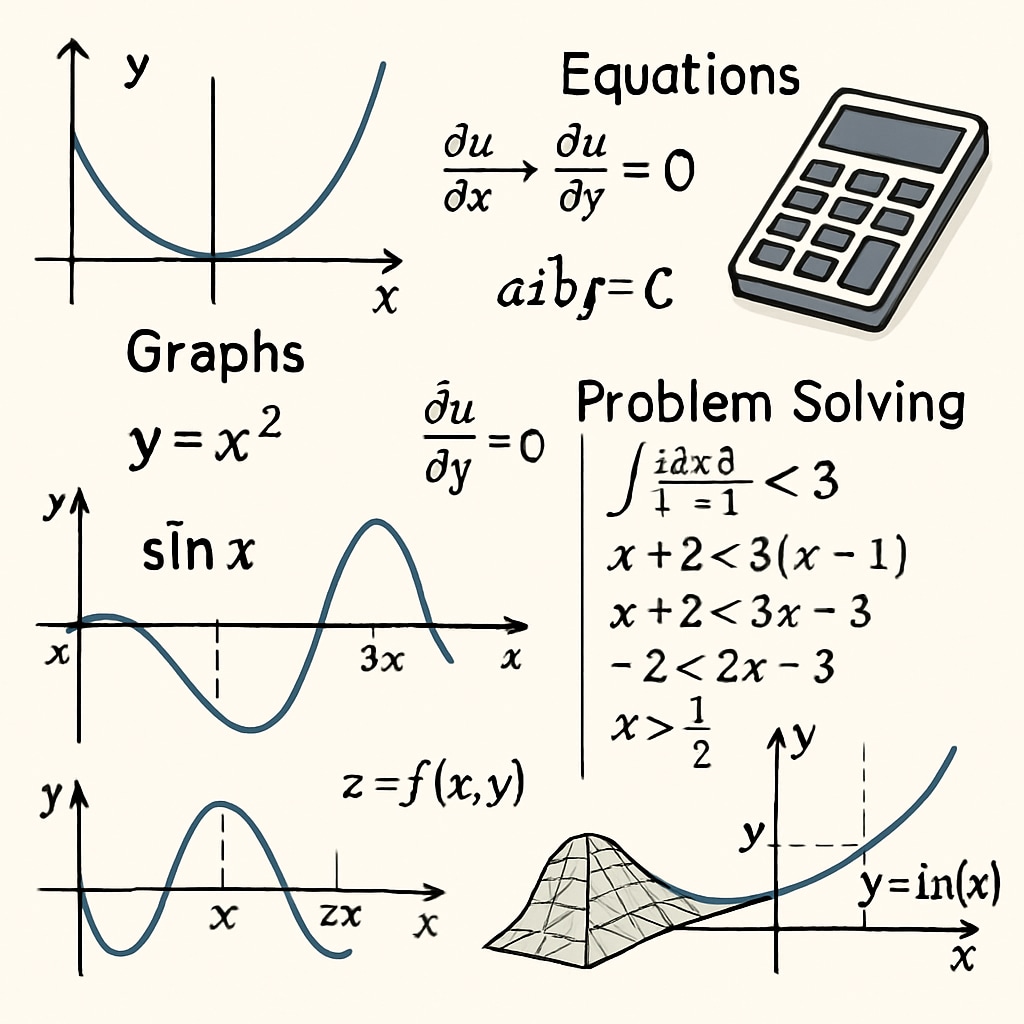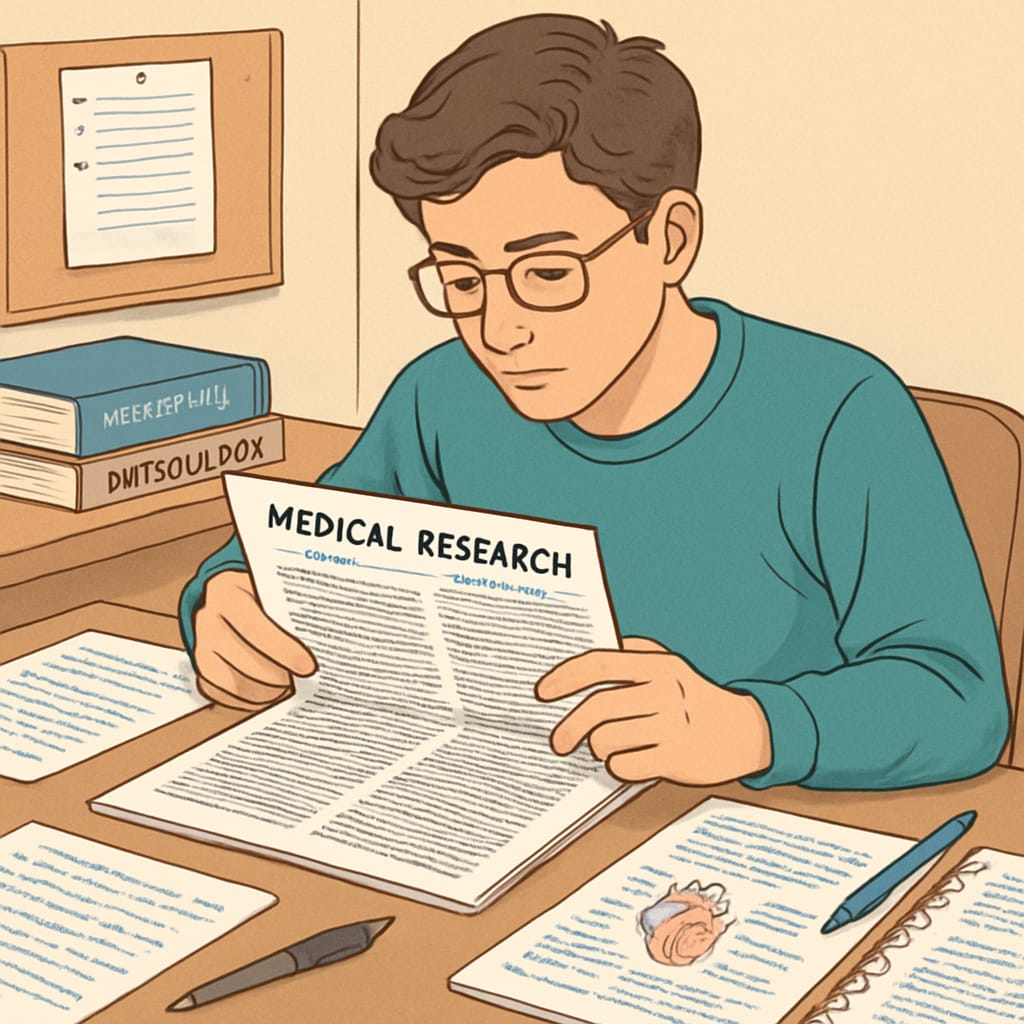For students who already excel academically, refining skills for further growth poses an exciting challenge. Whether preparing for academic tests, enhancing math abilities, or improving reading comprehension, high-achieving students can adopt targeted approaches to reach new heights. This article explores strategies tailored for students with ambitions in competitive fields such as medicine, offering actionable guidance to maximize their academic potential.
Advanced Math Skills: Unlocking New Levels of Mastery
Mathematics often serves as a foundational tool for critical thinking and problem-solving, particularly for students pursuing careers in medicine or STEM fields. High-achieving students should focus on mastering advanced concepts, such as calculus, statistics, or mathematical modeling, which offer deeper insights into real-world applications. For example, understanding probability and statistics can be vital for medical research and clinical decisions.
To further refine math skills, consider the following tips:
- Engage with complex problems: Challenge yourself with advanced exercises, such as optimization problems or simulations.
- Explore mathematical software: Tools like MATLAB or Python can help visualize and solve complex equations.
- Participate in math competitions: These events encourage creative problem-solving and expose students to diverse methodologies.

Reading Comprehension: Building Depth and Speed
For students aiming for fields like medicine that require extensive reading of research papers, textbooks, and case reports, developing advanced reading skills is crucial. Beyond mere comprehension, focus on synthesizing information from multiple sources and analyzing texts critically. This not only enhances academic performance but also prepares students for real-world challenges in data interpretation.
Strategies for reading improvement include:
- Practice speed reading: Learn techniques to read faster while maintaining comprehension.
- Engage with diverse material: Read across genres, from scientific journals to literary works, to enhance adaptability.
- Annotate effectively: Highlight key points, summarize paragraphs, and create connections between ideas.

Balancing Academic Testing with Holistic Development
While academic tests measure knowledge, they often require strategic preparation. For students seeking academic excellence, success in tests like SAT, ACT, or specialized exams involves more than rote memorization. Critical thinking, time management, and stress reduction techniques play vital roles in achieving top scores.
Key strategies for academic testing include:
- Simulate test conditions: Take practice exams under timed conditions to build familiarity and confidence.
- Focus on weak areas: Use diagnostic tests to identify and improve specific gaps in knowledge.
- Maintain mental wellness: Incorporate mindfulness exercises to reduce anxiety and enhance focus.
By combining the above tactics with consistent effort, high-achieving students can excel not only in academic tests but also in broader intellectual pursuits.
Readability guidance: Utilize short paragraphs and actionable lists to summarize key ideas. Incorporate transitions such as “for example,” “in addition,” and “as a result” to ensure smooth flow. Avoid excessive passive voice and maintain an engaging yet professional tone.


